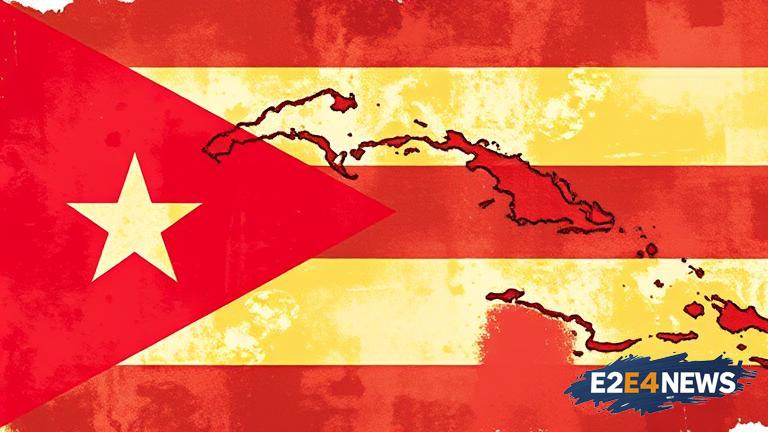Cuba’s economy has been facing numerous challenges in recent years, with a decline in foreign investment, a struggling tourism industry, and a shortage of basic goods. The country’s economic woes have been exacerbated by the COVID-19 pandemic, which has had a devastating impact on the global economy. According to recent reports, Cuba’s economy contracted by 11% in 2020, with a significant decline in the country’s GDP. The decline in foreign investment has been particularly significant, with a decrease of over 50% in the past year. This decline has been attributed to a number of factors, including the US embargo, which has restricted Cuba’s access to international markets. The tourism industry, which is a significant contributor to Cuba’s economy, has also been struggling. The number of tourists visiting the country has declined significantly, with a decrease of over 20% in the past year. This decline has been attributed to a number of factors, including the pandemic, as well as the US travel restrictions. The shortage of basic goods has also been a significant challenge for Cuba, with many Cubans struggling to access essential items such as food and medicine. The country’s agricultural sector has been particularly affected, with a decline in crop production and a shortage of fertilizers and other essential inputs. The Cuban government has been working to address these challenges, with a number of initiatives aimed at boosting the economy and improving living standards. These initiatives include a new economic plan, which aims to increase foreign investment and boost the country’s GDP. The plan also includes measures to improve the business environment and increase access to credit for small and medium-sized enterprises. In addition, the government has been working to diversify the economy, with a focus on developing new industries such as technology and renewable energy. The Cuban government has also been working to improve the country’s infrastructure, with a number of projects aimed at upgrading the country’s roads, ports, and airports. Despite these efforts, however, Cuba’s economic challenges remain significant. The country’s economy is still heavily dependent on imports, and the shortage of basic goods remains a major concern. The Cuban government has also been facing criticism for its handling of the economy, with many Cubans expressing frustration at the lack of progress in addressing the country’s economic challenges. The international community has also been critical of the Cuban government’s economic policies, with many countries calling for greater economic reform. The US, in particular, has been critical of Cuba’s economic policies, with the US government imposing strict sanctions on the country. Despite these challenges, however, Cuba remains a significant player in the regional economy, with a highly educated and skilled workforce. The country’s strategic location also makes it an important hub for trade and investment in the region. In recent years, Cuba has been working to strengthen its economic ties with other countries in the region, including China and Russia. These partnerships have been aimed at boosting trade and investment, as well as improving access to technology and other essential inputs. Overall, Cuba’s economic challenges are significant, but the country has the potential to overcome them with the right policies and support. With its highly educated and skilled workforce, strategic location, and rich natural resources, Cuba has the potential to become a major player in the regional economy.
